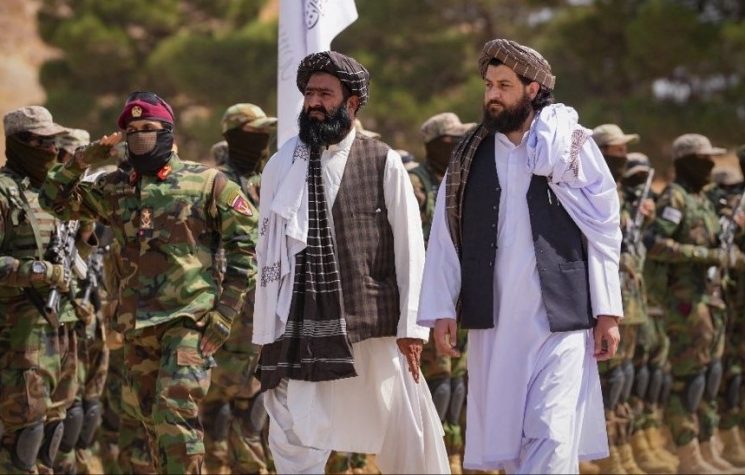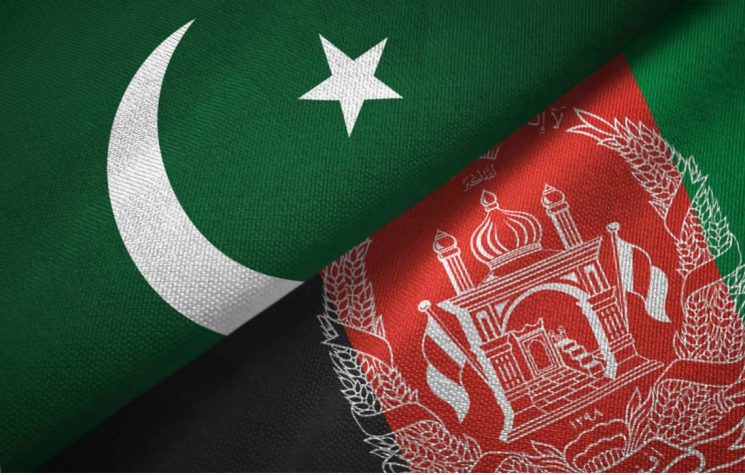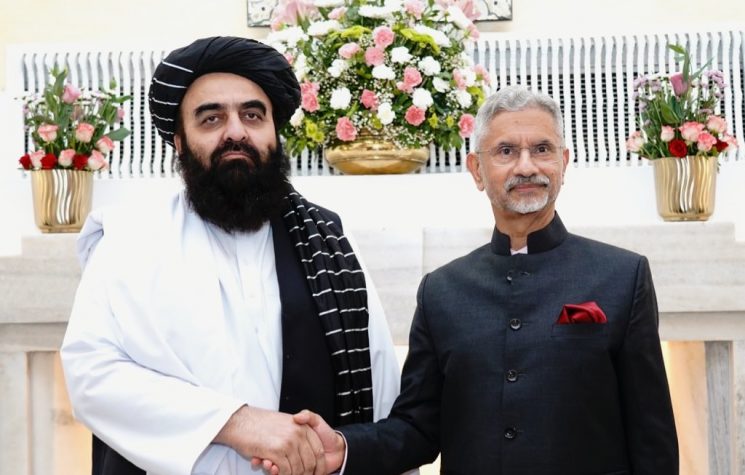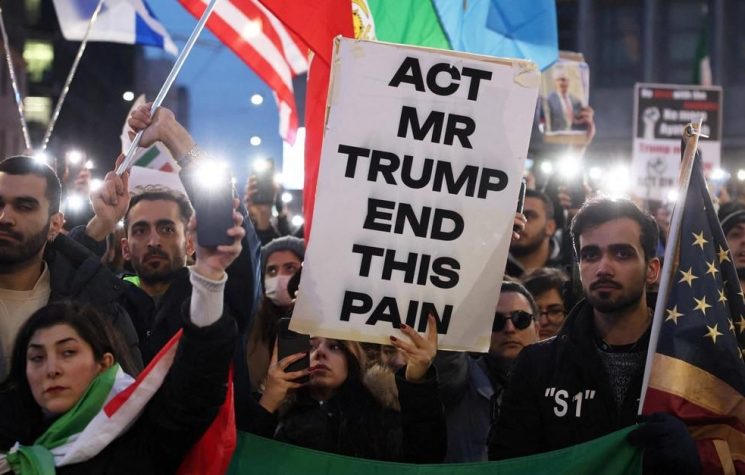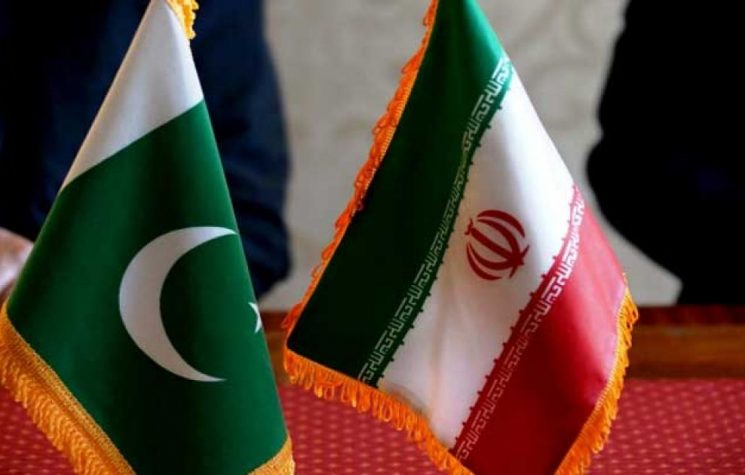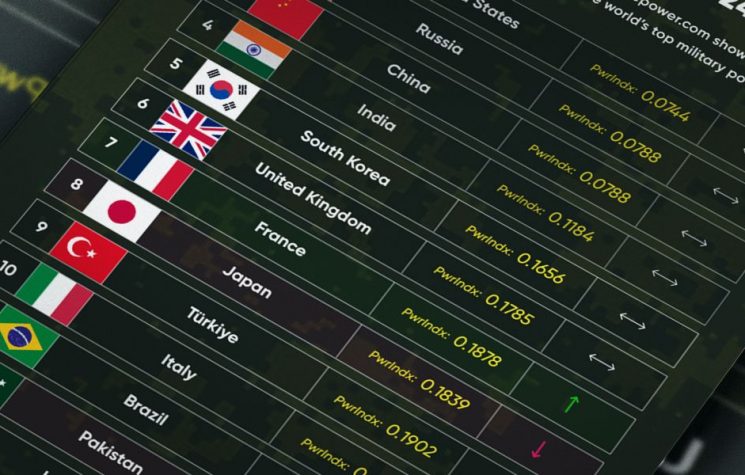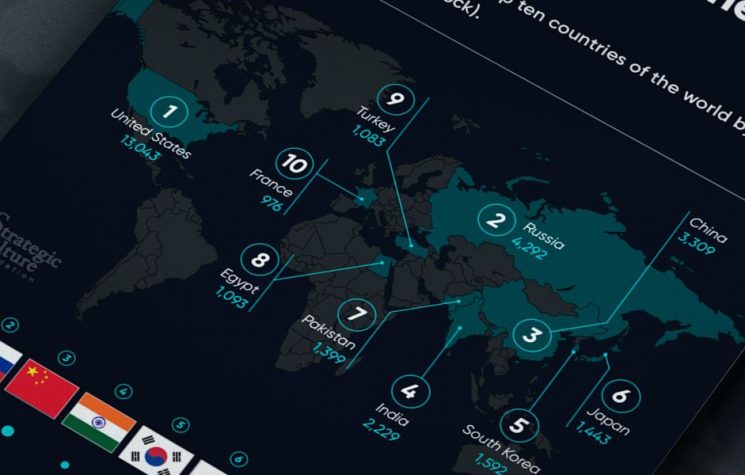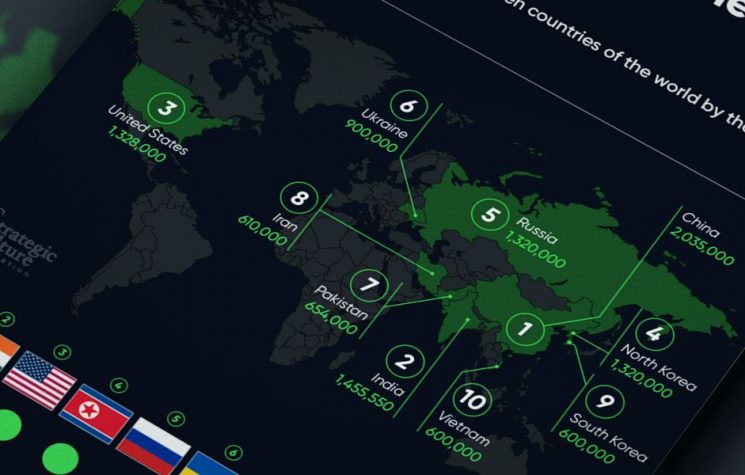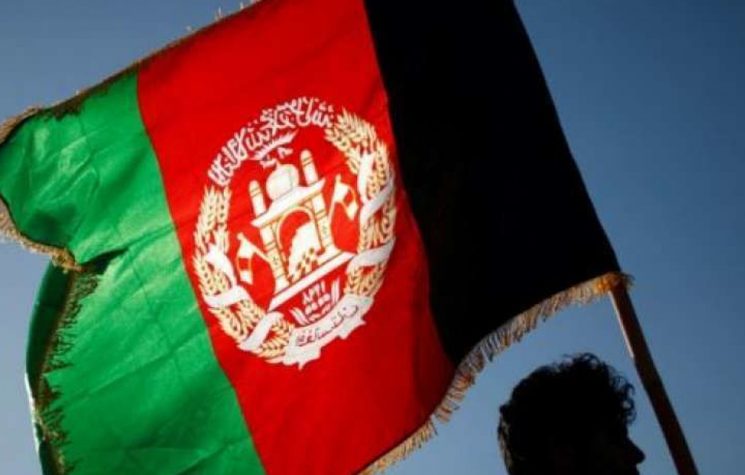Kick-starting an international debate about the British-made border might be constructive, Martin Jay writes.
Join us on Telegram![]() , Twitter
, Twitter![]() , and VK
, and VK![]() .
.
Contact us: info@strategic-culture.su
Once again Afghanistan is in the news and, once again, the border it shares with Pakistan – drawn up by British colonialists – is part of that story. Turkey and Qatar took the initiative on October 19th to preside over peace talks between the two countries following a border clash in October which killed many on both sides.
The Durand Line is the border between Afghanistan and Pakistan drawn up by the British in 1893. This border is important as it artificially divided Afghan tribes and is contested by Afghanistan which is why it is hardly surprising that it is a flashpoint between these two countries and should be discussed on an international level and at the very least patrolled by a UN delegation, much like the south of Lebanon.
The border clash in early October appeared at first glance to be the consequences of Pakistan bombing Kabul earlier due to Afghanistan’s persistent support and protection of the TTP (TTP) which uses Afghanistan as a base to hide while attacking neighbouring Pakistan.
While Pakistan’s bombing of Kabul was aimed at signalling that it won’t tolerate the Afghan government to allow the TTP to operate within its borders, the move largely backfired as far from calming tensions and showing Kabul that Pakistan has air superiority, it sparked border post attacks which led to more deaths and has raised the tensions between the two countries to fever pitch.
Although Pakistan’s bombing of Kabul failed in its objectives, it’s important to note what the decision was based on. It was hardly reported by international press, but days before the bombing, the TTP crossed into Afghanistan and carried out a bold attack on Pakistan security forces killing nine in total. This pushed the Pakistan government and its leaders over a red line, inevitably directing them to use their military might which made perfect sense for them at the time as they have always craved a much more dominant role over Afghanistan which has no real air force, or, perhaps more importantly, no real air defence system capable of giving the Pakistanis a run for their money.
And so can Turkey along with Qatar, which played such a critical role in helping the Taliban in Afghanistan negotiate with Donald Trump during his first term in office as U.S. president, resolve tensions so both these countries can learn to work together, not as friends as such but as neighbours who respect one another in the same way that Iran and Afghanistan do?
In the longer term this is unlikely given that the Taliban government in Kabul have made no steps at all in dealing with their unruly cousins, the TTP, who are living and operating inside the country. It’s also about another regional power though – India – which Pakistan believes is funding the TTP.
The recent escalation between Pakistan and Afghanistan didn’t only come as a consequence of the TTP’s attack on Pakistani soldiers but it also coincided with Afghan Foreign Minister Muttaqi’s visit to India which panicked Islamabad which might have thought the visit could have been about arming/financing the Pakistani group whose principle goal is to overthrow the Pakistani government. While it’s still unclear whether India is really helping the Pakistani Taliban directly, New Delhi is certainly a key partner for the Taliban government in Kabul, which in turn, allows the group to operate freely under the protection of the Afghan army. And while it is true that India is pouring more money into development projects in Afghanistan, it can always be argued that its government is supporting the Pakistani group, whether you follow the money or not.
India has its own reasons for wanting to keep the Taliban happy as this vast country could become the base for terror groups’ attacks against India if relations were sour – just as they are between Kabul and Islamabad.
It seems preposterous that Pakistan would adopt such a role of helping Afghanistan with its development in exchange for security guaranties, although the idea isn’t as whacky as many might think.
The history of both these countries and how Pakistan helped the Taliban come to power in Afghanistan can’t be ignored as after the withdrawal of Soviet troops from Afghanistan in 1989, Pakistan played a huge part in Afghanistan’s political future. Even after the Soviets pulled out, there was a new civil war which then evolved with the leaders of the Afghan Mujahedeen then based in Islamabad whose elite were happy to accommodate them as they wanted the last remnants of Soviet hegemony destroyed completely and so what became the Taliban in the early nineties, was actually a product of Pakistan’s cunning geopolitical manoeuvres. The Americans always had their eyes on a multi-trillion dollar gas and oil pipeline which would straddle the whole of Afghanistan and end up in Karachi and actually thought they could pull it off using the Taliban at that time as a conduit and security agent – and so supported Pakistan’s ideas.
And so the feeling on the Pakistani side that they have been cheated by ruling Taliban in Kabul is understandable, given that it was Pakistan which accommodated its early leaders. For Kabul now to continue to allow the TTP to carry out further attacks will almost certainly spark a war which could spill over into neighbouring countries and wouldn’t be in India’s interests, let alone the West’s. And yet the cash-for-security model might be worth looking at by Pakistan or by its rich western allies as simply getting endearing gestures by Kabul at meetings set up by Qatar and Turkey won’t heal the decades of distrust and betrayal between Afghanistan and Pakistan. The Taliban in Kabul are in a tricky situation with the TTP, rather like the owner of a house whose cousins are living rent-free while constantly causing problems for the landlord. Even if they wanted shot of them, it would be very hard for Kabul to distance themselves from the TTP and so they will have to be forced to take such a valiant move. Could they be moved to a border region, a new area drawn up under international law and agreed by Pakistan? Kick-starting an international debate about the British-made border might be constructive but it would create a knock-on effect on practically all of the borders of those countries ruled by the British around the world. And that’s a bad thing, right?











